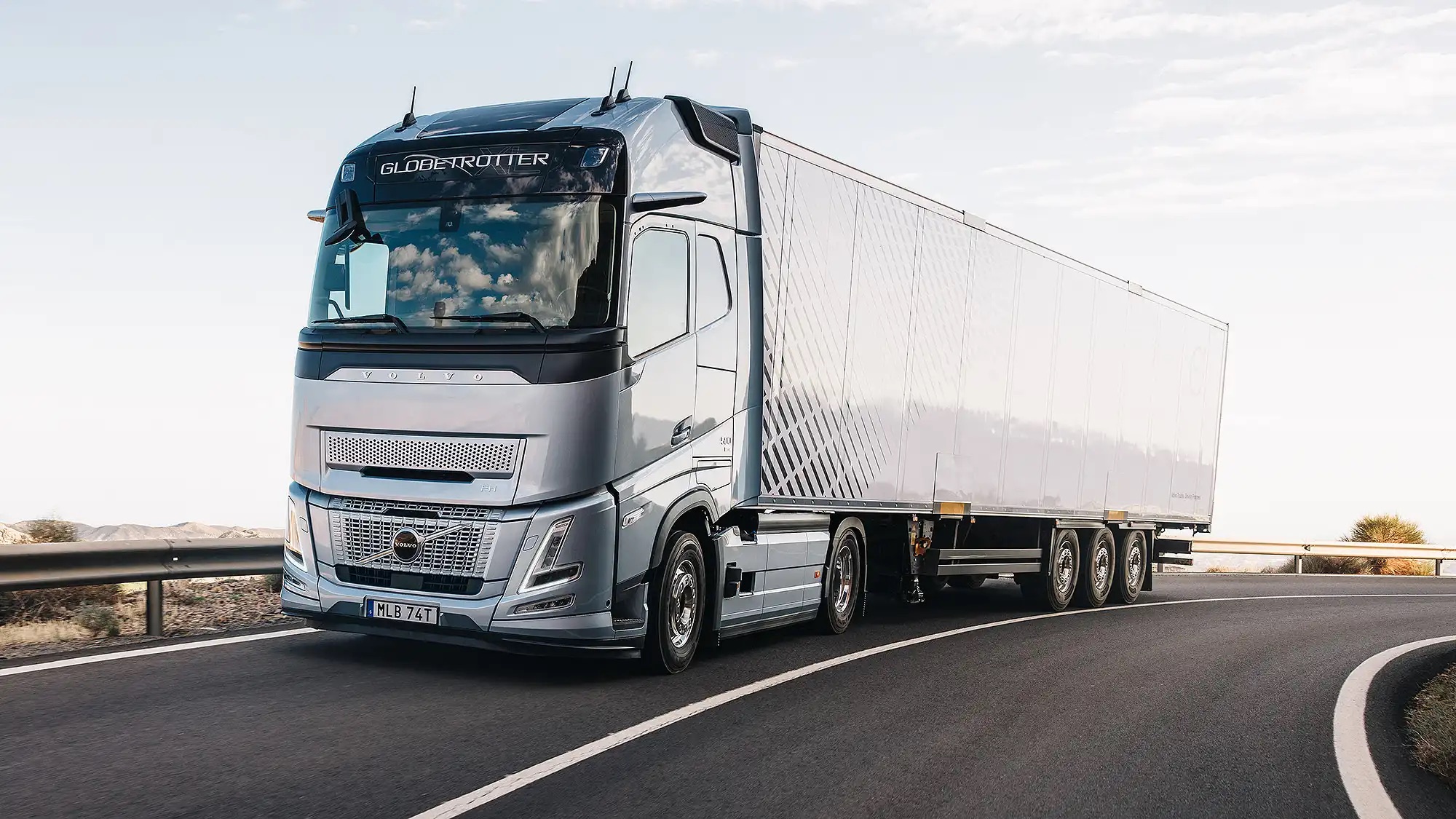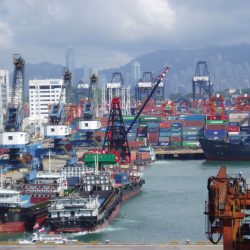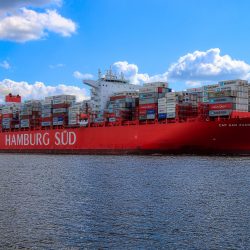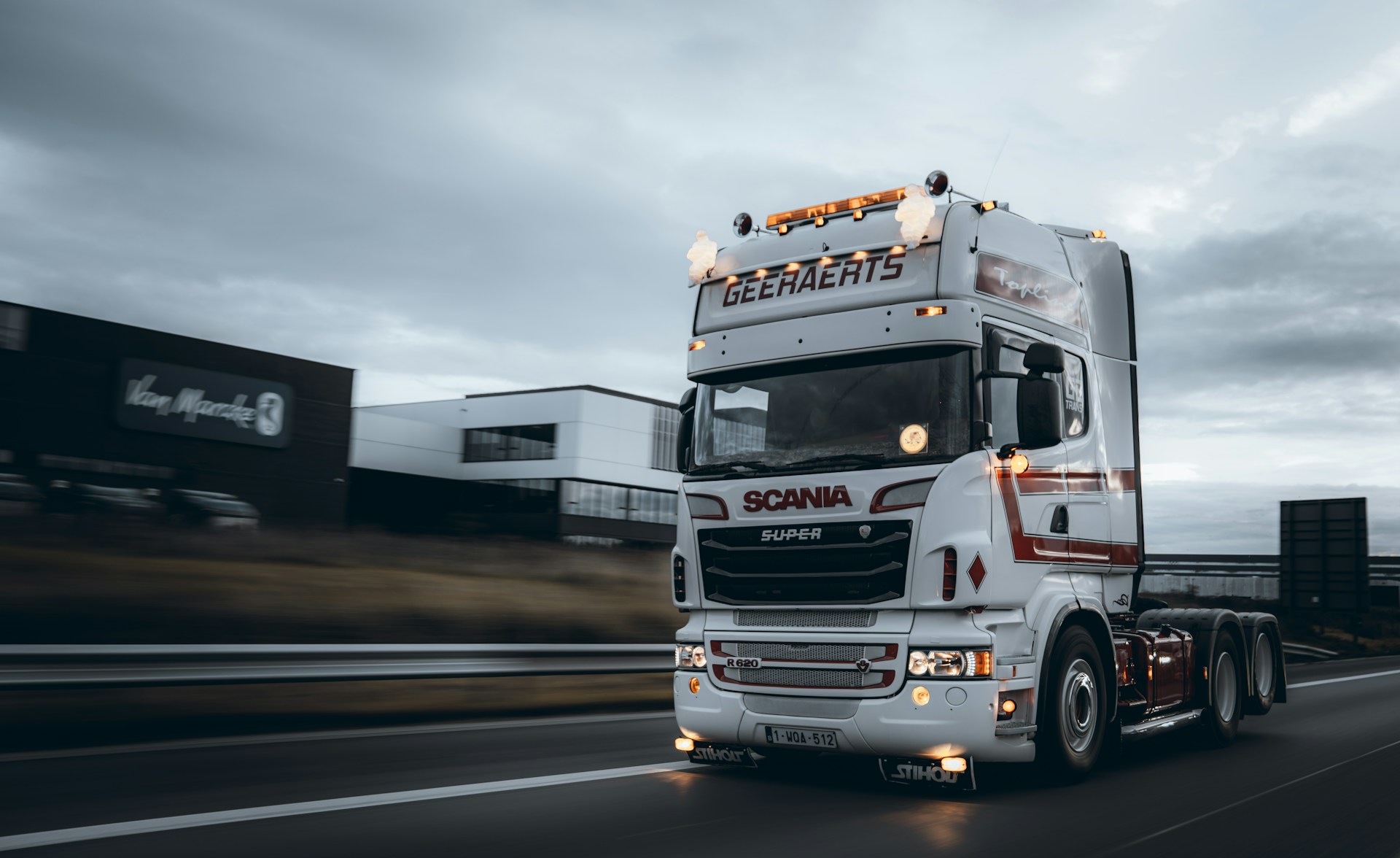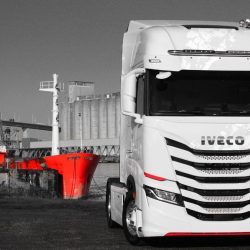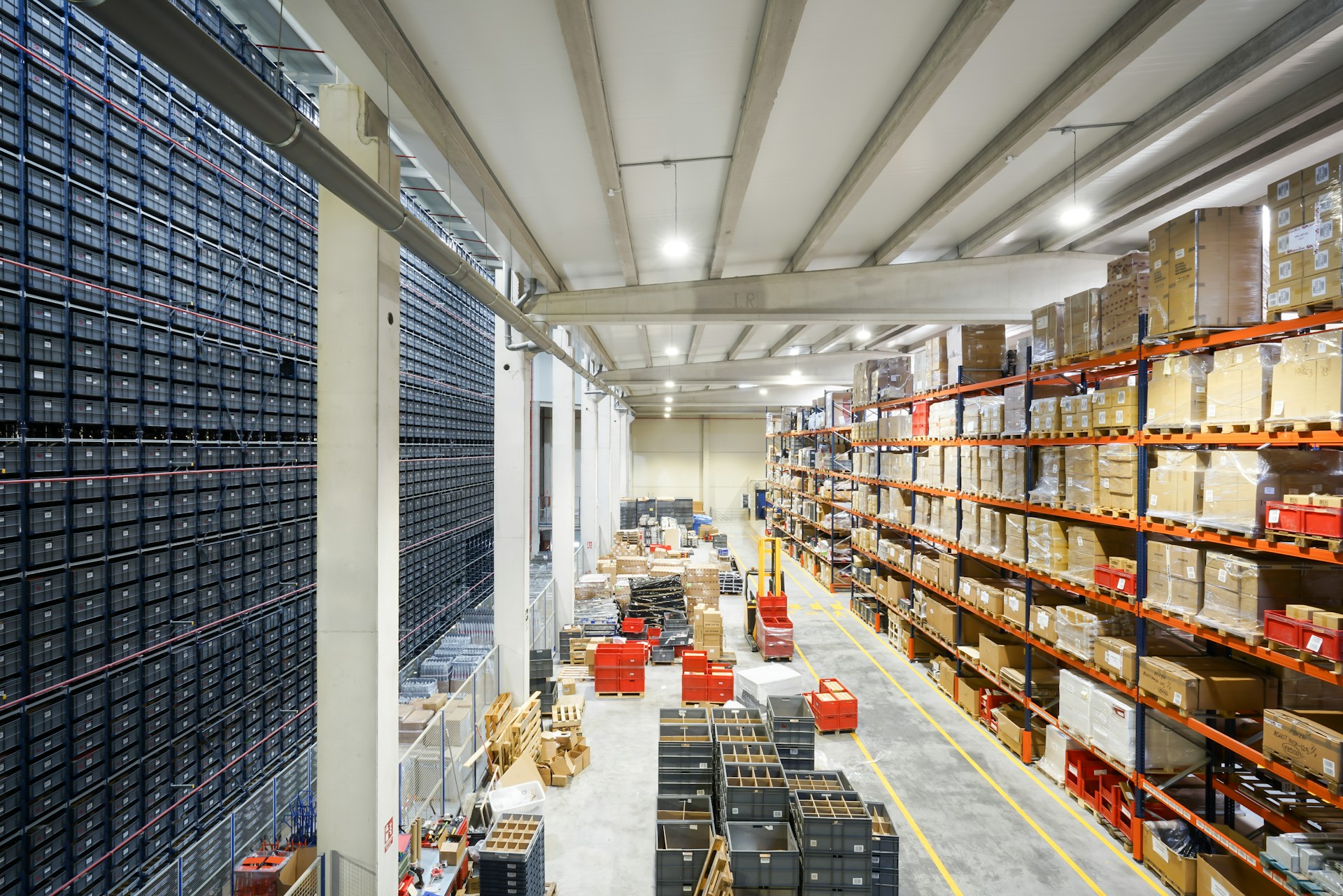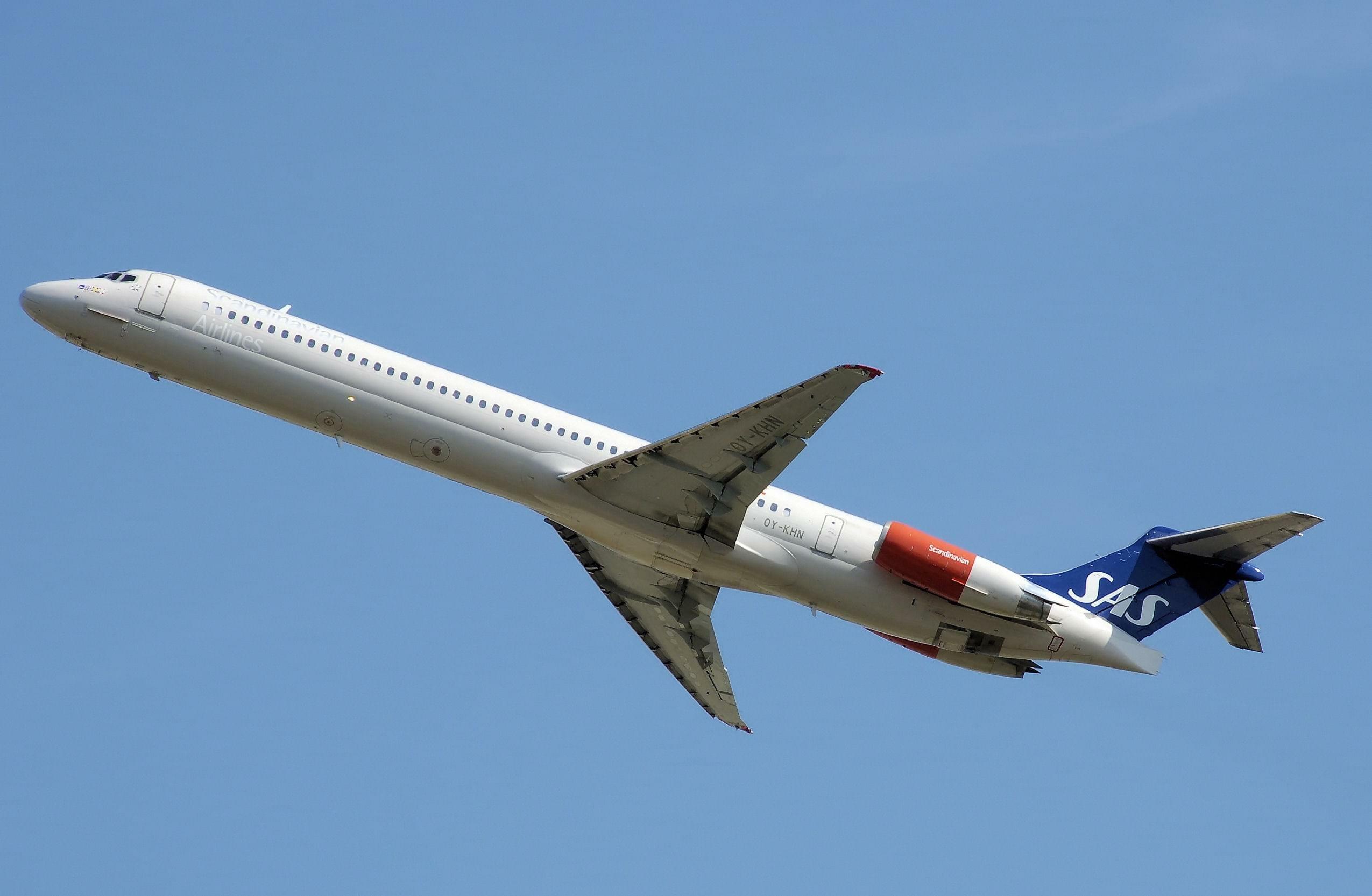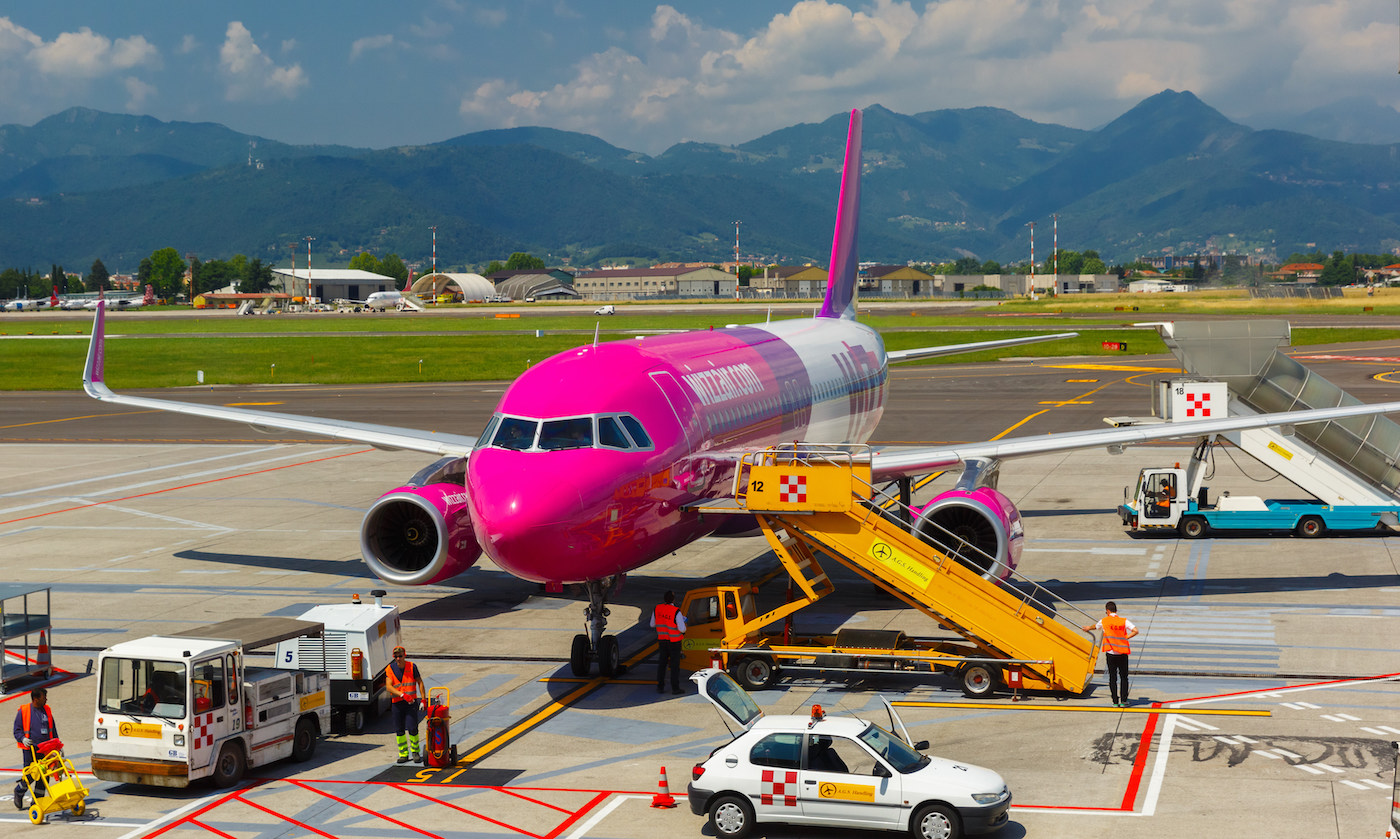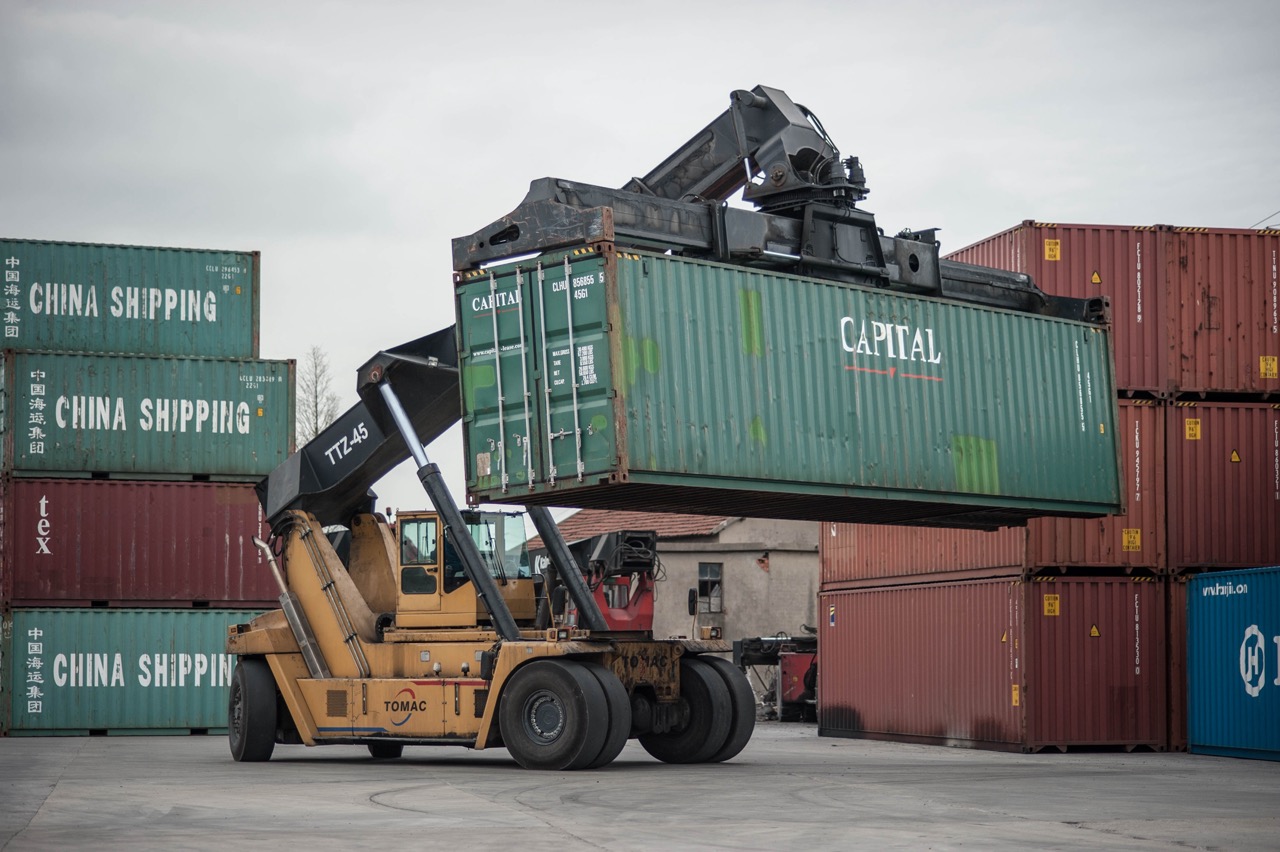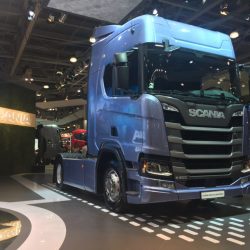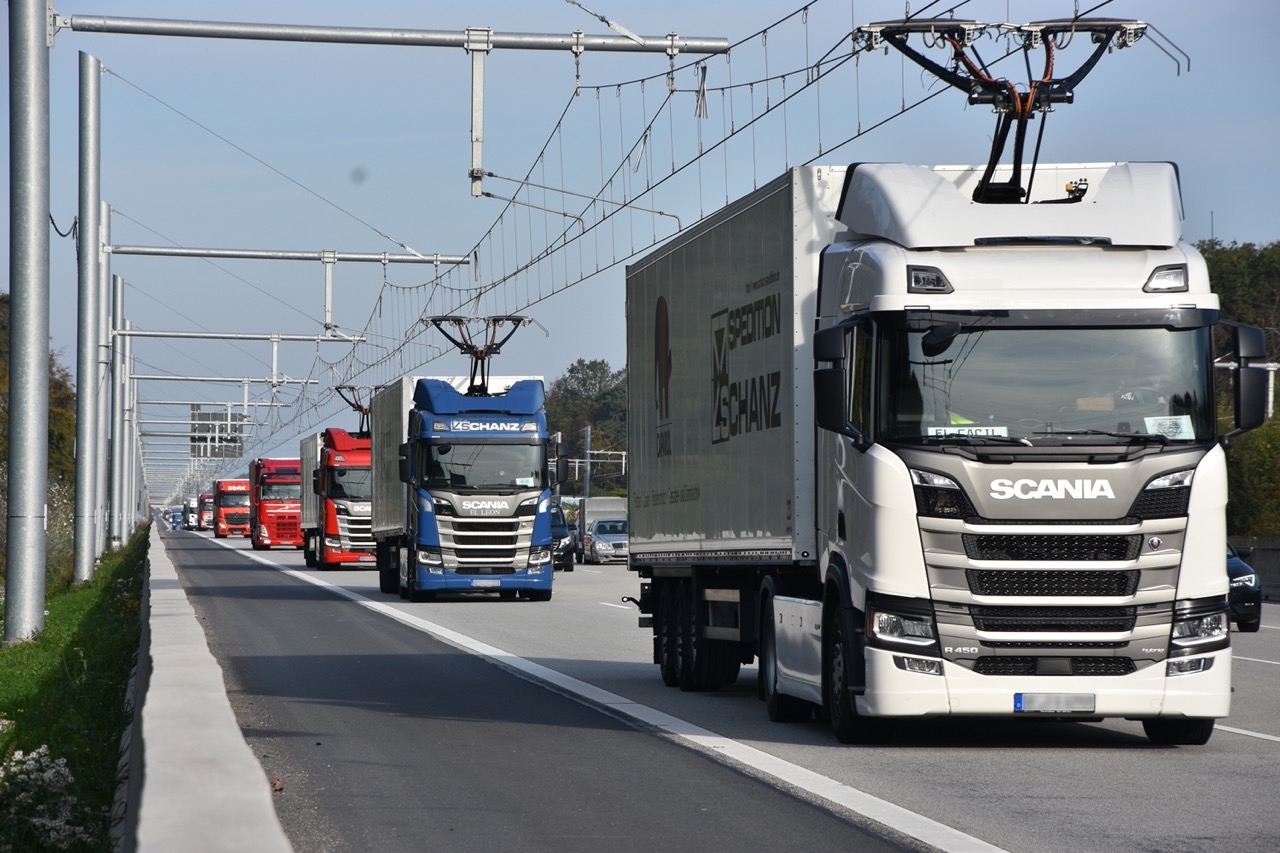How trucks are decarbonized in the European Union
Analysts conducted a study of the industries that play a direct role in the implementation of the environmental strategy in the EU countries. It turned out that the decarbonization of trucks has a high potential and will make it possible to achieve the set goals – reduction of emissions by 55% – by 2030.
Trucks play a major role in supplying the EU economy. The region’s transport industry has a well-developed ecosystem that allows intercontinental transport of a variety of goods. Therefore, reducing emissions from bulky vehicles is one of the main goals for European countries.
Many logistics operators are actively renewing their vehicle fleets, replacing old vehicles with new environmentally-friendly models that have low emissions. An alternative to the use of gasoline and diesel can be liquefied gas trucks. Manufacturers offer such options that can cover long distances with zero emissions. In addition, these truck models are compatible with various types of renewable gases, such as biomethane. The environmental performance of the latter is comparable to that of electric cars.
Another option for environmentally friendly fuel is hydrogen. Various companies are involved in the production of this type of vehicle, including the Italian automobile concern IVECO. It has created a joint company with Nikola Corporation, where it is developing and producing electric cars and trucks powered by hydrogen fuel cells. The products will be supplied to the markets of European countries.
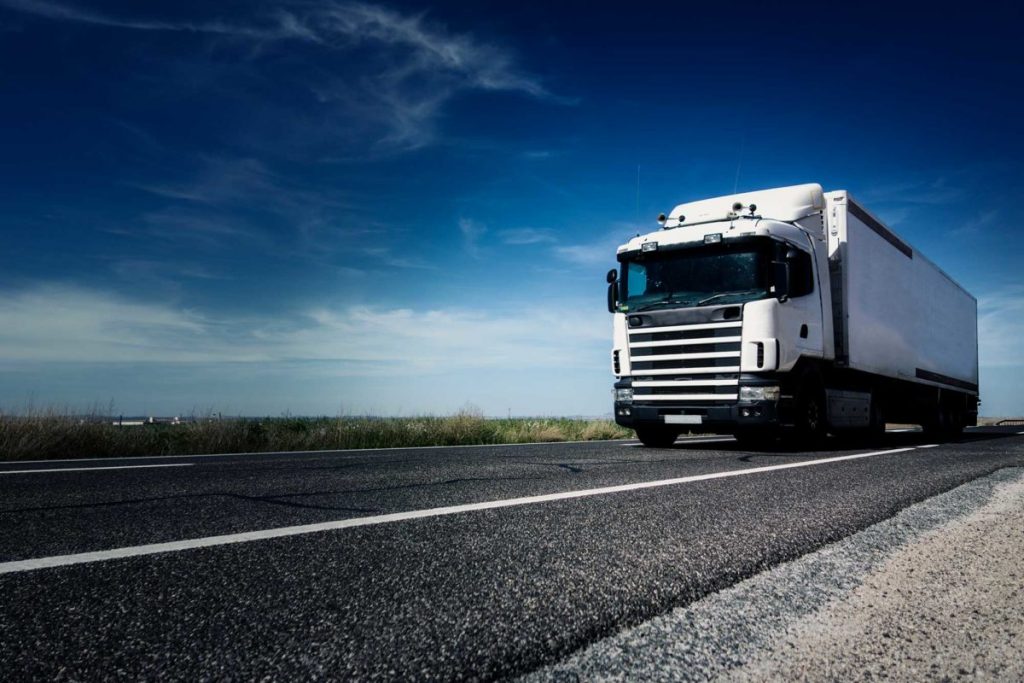
According to experts, hydrogen is the optimal solution for truck transportation. It provides vehicle productivity on par with traditional diesel fuel. Hydrogen-powered trucks can cover long distances, offer a high payload index, and are quick to refuel.
As for electric vehicles, they are best suited for logistical tasks within the city. At the same time, the sector is actively developing and becoming more and more competitive with traditional engines.
However, simply replacing old trucks with more environmentally friendly ones is not enough to achieve emission reductions. It is important to provide the necessary infrastructure, including more refueling stations on popular routes. In addition, low-emission trucks must become more affordable for logistics companies, and this cannot be done without an initiative on the part of the government.
Modernization of the EU transport industry requires the development of new approaches, which will allow the development of business and implement an environmental strategy. It should be understood that the European transport system is a multifunctional and complex mechanism, and its transformation requires huge investments of effort and resources. And in this case, its representatives cannot do without the help of the government.




